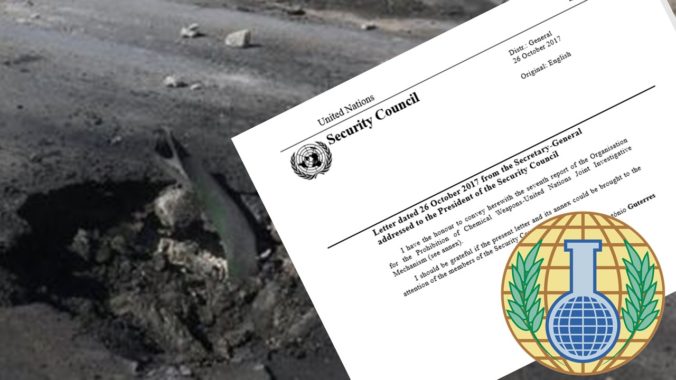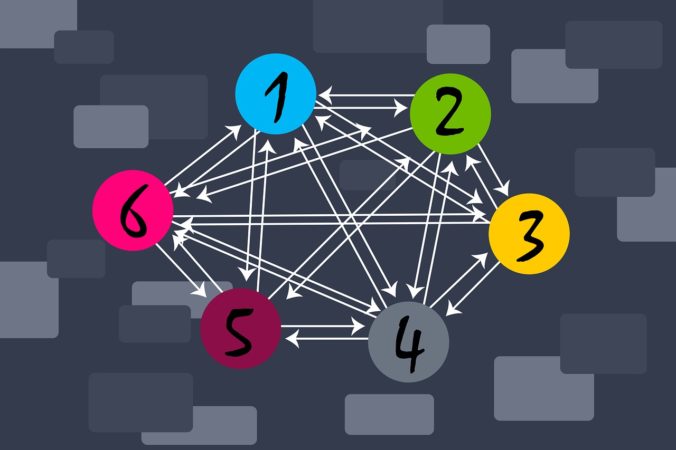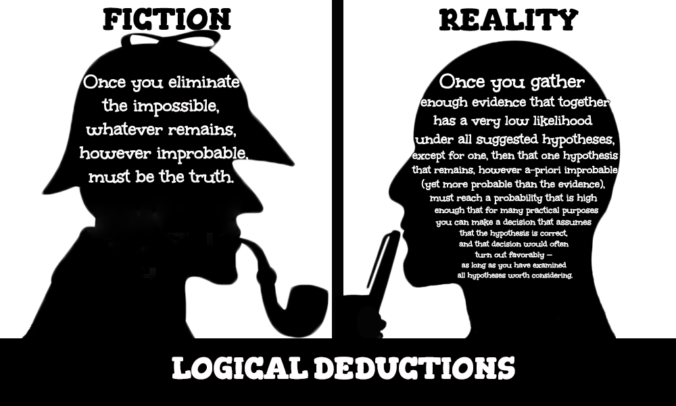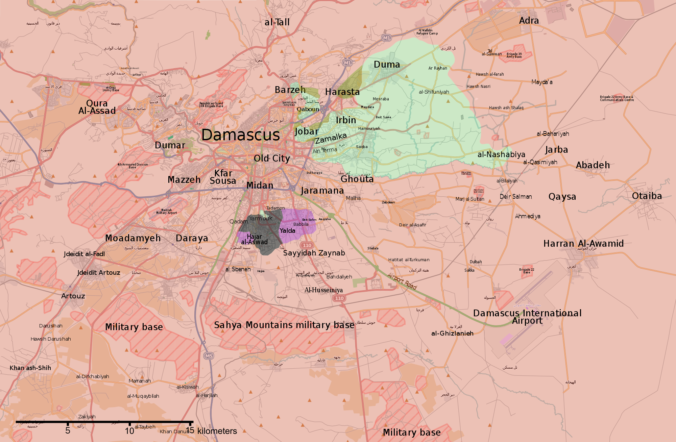There have been many hypotheses surrounding Stonehenge and its long-lost origins. Can a mathematical assessment by Rootclaim help shed light on its original purpose?
The large prehistoric monument in rural England is comprised of a circle of upright stones. It was constructed around 5,000 years ago, under circumstances that have long been lost in the annals of history. Some believe that Stonehenge served a religious function, while others say it was used as a burial site or a place of mystical healing. Yet others argue that it served as a giant calendar. There are also conflicting claims about how the bluestones used to build Stonehenge were moved from their place of origin 150 miles away. One explanation is that a glacier flow moved the stones, while another view says that people transported them from quarries in Preseli.
How can probability theory help?
Probability theory helps researchers measure uncertainty. And there’s plenty of uncertainty surrounding Stonehenge. By using a probabilistic framework, we can model the likelihood of each piece of evidence relating to Stonehenge. Continue reading











Recent Comments